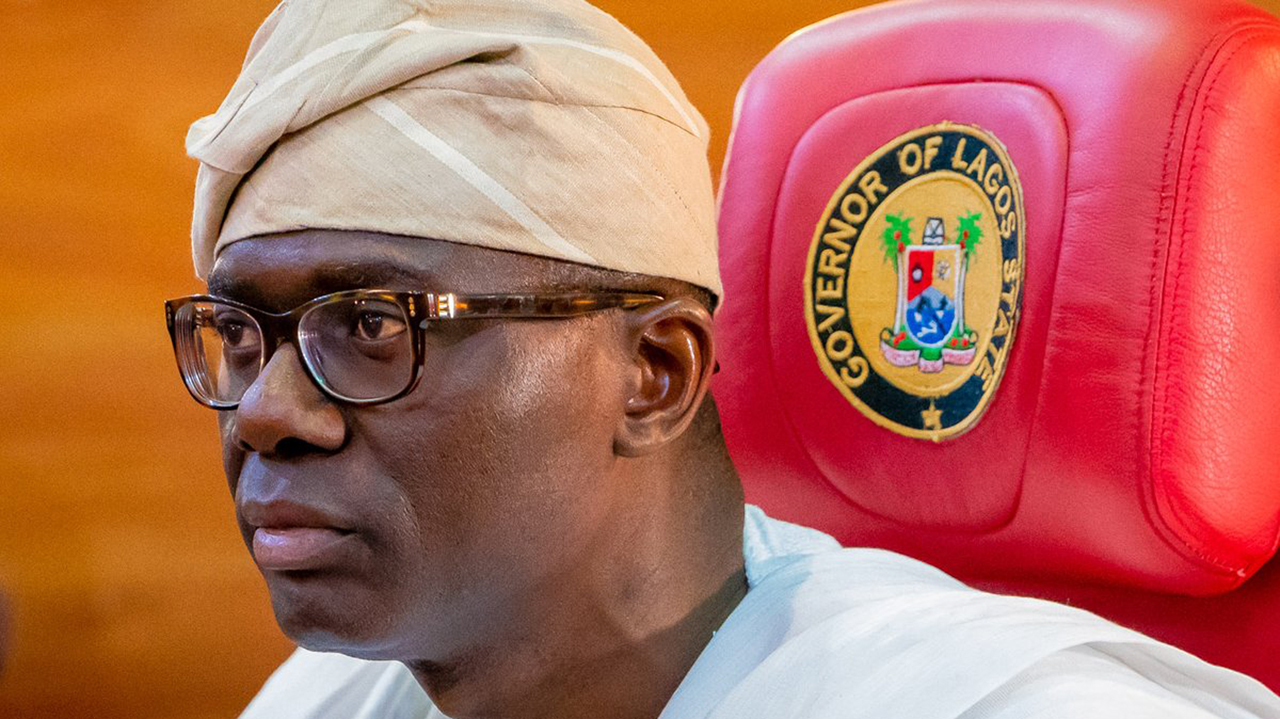The Bank of Ghana (BoG), otherwise, the Ghanaian central bank on Monday announced the revocation of the licences of UT Bank Ltd and Capital Bank Ltd.
In a statement, BoG made it clear that “This action has become necessary due to severe impairment of their capital”.
“The remaining assets and liabilities will be realised and settled respectively through a receivership process to be undertaken by Messers Vish Ashiagbor and Eric Nana Nipah of PricewaterhouseCoopers (PwC). The main offices and branches of UT Bank and Capital Bank will be under the control of GCB bank and will be opened at 1pm today (Monday) for normal business transactions. Customers of UT Bank and Capital Bank are now customers of GCB bank,” the central bank averred.
According to the BoG, both UT Bank and Capital Bank will be to “thoroughly investigated in terms of their operations and if any of the directors is found culpable, they would be prosecuted”.
Earlier in a press briefing on Monday in Accra, Governor of the central bank, Dr. Ernest Addison said “In the last phase of the process, the operations of UT Bank and Capital Bank will be thoroughly investigated, and if any of the directors or shareholders are found culpable, action will be taken against them”.
“The last phase is to do thorough investigations of the operations of the two banks and action will be taken against those found culpable,” he said.
In his further submission, Addison noted that “there were other bidders for the take-over but GCB Bank was selected, because it is the right bank with the right liabilities”.
It would be recalled that whereas UT Financial Services bought majority shares in distressed BPI Bank in 2009 and rebranded the bank UT Bank, in the case of Capital Bank, until two years ago when it was given a banking license, it operated as Capital Plus Financial Services.
However, BoG assured customers of safety of their deposits and all running understandings so existing between them and any of the affected banks.
It would be recalled similar ‘Tsunami’ occurred in Nigerian banking system some year ago when the central Bank of Nigeria, under former Governor Sanusi Lamido Sanusi swooped on the management and boards of five technically insolvent banks and removed them, leading to some mergers and acquisitions which are still standing till today.
Analysts say the operation returned sanity and sustainability to the banking industry after periods of apprehension.









